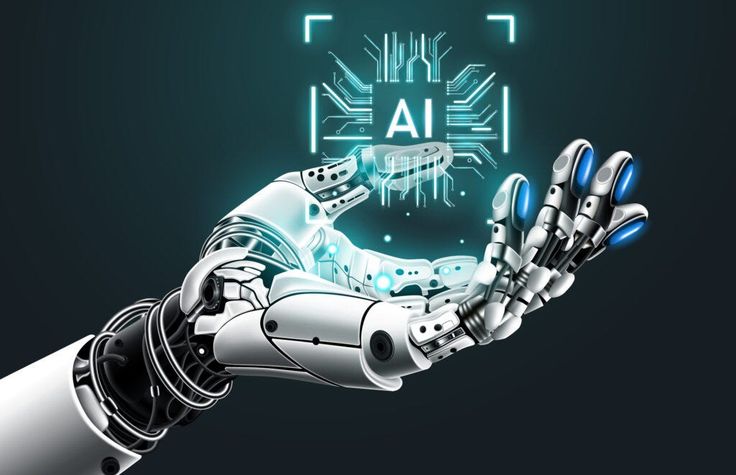AI-Driven Hyper-Personalization: The Future of Digital Marketing in 2024 and Beyond"
In today’s fast-paced digital world, it’s easy to feel overwhelmed by all the information coming our way. We’re hit with countless emails, social media posts, and ads every day, most of which just blend into the background. But every now and then, something stands out—a product recommendation that’s spot-on or a message that feels like it was made just for us. That’s hyper-personalization at work, a game-changing shift in digital marketing. It’s not magic—it’s the future of digital marketing.
What is Hyper-Personalization?
Hyper-personalization is more than just putting a customer’s name in an email. It’s about understanding their true desires, often before they even realize them. Imagine walking into a store where the staff already knows your favorite brands, preferred color schemes, and even what you’re likely to buy next. This is what hyper-personalization aims to create in the online experience, and it’s the future of digital marketing.
In 2024, this concept is gaining traction thanks to impressive data analysis and technology breakthroughs. The key benefit is that it makes online connections easier and more fulfilling. This is shaping up to be the future of digital marketing, where every interaction feels tailored and intuitive, making it all about truly connecting with people.

Why Should We Care?
Customers are tired of seeing irrelevant ads and getting unsolicited emails. We want genuine relationships with companies that understand our needs and preferences. This is where the future of digital marketing comes in. By embracing hyper-personalization, businesses can stand out in a crowded market and build stronger connections with their customers.
The Magic Behind the Curtain
Massive amounts of data form the basis of hyper-personalization. Every time we visit a website, comment on a post, or make a purchase, we leave behind a data trail. Analyzing this data reveals patterns and insights about our tastes, interests, and behaviors.
What’s surprising is that data collection is just one part of the equation. It’s crucial to use the data in a way that feels beneficial and natural, not ominous or intrusive. The goal is to provide experiences, products, and content that feel tailor-made for each individual. This is the future of digital marketing is all about—establishing individualised exchanges that people find genuinely meaningful.
The Tools Making It Happen
Perhaps you’re asking yourself, “How do companies pull this off?” The advanced tools and technologies that are becoming more widely available hold the key to the solution.. One of the key players is artificial intelligence (AI), which can analyze massive amounts of data quickly and accurately. This is a big part of what’s driving the future of digital marketing—using AI to deliver personalized experiences that really connect with people.
“Have you ever wondered how companies are able to achieve this? The answer lies in the advanced tools and technologies that are becoming more widely available. One of the key solutions is artificial intelligence (AI), which can efficiently and accurately analyze massive amounts of data.
But let’s steer away from the technical jargon. The future of digital marketing is about more than just general promotions. These technologies let companies offer personalized information and products tailored to individual preferences, and sometimes even predict what customers will want in the future.
The Impact on Our Online Experience
Our online interactions with brands are likely to change as hyper-personalization becomes more widespread. We may feel that brands are genuinely trying to help us find what we need or want, rather than just trying to sell us something.
As a result of this change, we may encounter fewer irrelevant ads and have a more enjoyable internet experience. We might see more ads that are relevant to our interests and fewer that are distracting.
Looking Forward
As a digital marketing strategist in Kannur, I’m excited about AI’s impact. It is changing the way we think about customers and tailor their experiences. We concentrate on innovation and maintaining genuine connections, while AI manages the data. For local businesses trying to connect deeply with their audiences, it’s revolutionary.